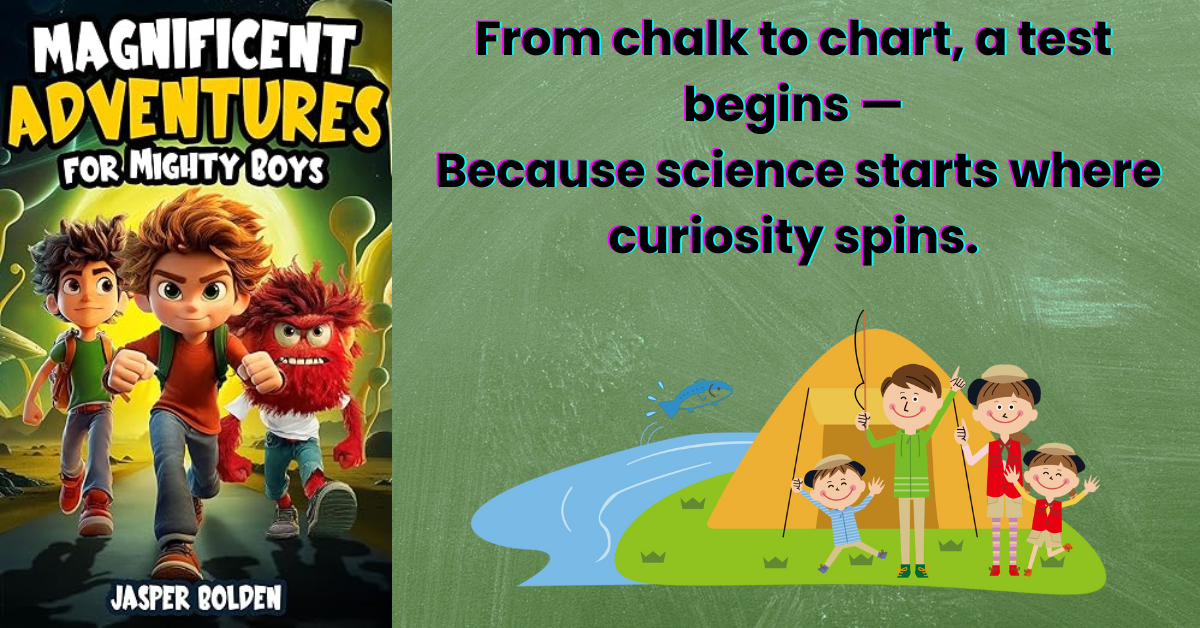Why Do We Keep Making the Same Mistakes?
We often like to think we’ve progressed — that with all our knowledge, tech, and awareness, we’ve outgrown the failures of history. And yet, time and again, the same mistakes return, dressed in new language but following familiar paths. That’s what I explore in this post: not the collapse of systems alone, but the collapse that begins within us — in how we think, react, and believe.
In this eighth entry of The Reverse Spiral, I shift focus from external events to internal patterns — the subtle psychological traps that make collapse not just possible, but predictable.
🌊 The Myth of Progress
Civilizations rise like waves — majestic and full of promise — but no wave stays aloft forever. History shows a pattern that never really changes: expansion, triumph, stagnation, and fall. And yet, every generation quietly repeats the same mantra: “This time, it’s different.”
Whether it was the confidence of the Roman Empire, the blind euphoria of tech bubbles, or the insistence that crypto would rewrite economics forever — the logic is always the same. We assume we’ve evolved past collapse. But the very act of thinking we’re immune is what invites it.
☀️ Our Bias Toward Hope
We’re dreamers by nature. That’s what propels innovation, ambition, and survival. But our optimism also makes us vulnerable. We tend to believe problems will solve themselves — that someone, somewhere, will fix the crisis. Climate change? Innovation will save us. Economic instability? The market knows best.
And when someone tries to sound the alarm, they’re often labeled as pessimistic, negative, or “stuck in the past.” We forget that many of those warnings were not about stopping progress but about saving it from self-destruction.
What struck me most is how optimism, while vital, can become a shield against hard truths. And behind that shield, reality quietly tightens its grip.
🔄 Reinventing the Same Collapse
Collapse rarely looks identical. That’s part of its disguise. It presents itself as a new era, a bold reinvention, something that couldn’t possibly go wrong.
In the 1920s, it was mass production. In the 2000s, it was the internet. More recently, it was the belief that cryptocurrency would upend finance. None of these ideas were inherently bad — what made them dangerous was the refusal to recognize their echoes in past failures.
It isn’t ignorance that blinds us. It’s the seductive belief that this time, the rules don’t apply. I found myself reflecting on how often I too have been swept up in this illusion — quietly convinced that history’s warnings were for others, not us.
🧱 The Arrogance of Success
Success often whispers the wrong lessons. It tells us we’ve earned permanence, that we’ve reached a point beyond challenge. From empires to corporations, power begins to assume its own invincibility.
Leaders filter out dissent. Institutions lean into legacy. Companies like Kodak and Nokia dismissed innovation to protect what they had built. And once systems harden in pride, they resist adaptation — until it’s too late.
The deeper I dove into this, the more I saw how hubris isn’t just historical — it’s psychological. It’s what happens when progress stops listening.
🧿 Power and the Echo Chamber
Power isolates. It builds walls of affirmation. Those in charge begin to hear only applause or see only the data that confirms their beliefs. Governments downplay risks, corporations protect outdated models, and entire nations drift into silence before the storm.
Even when collapse is visible, it’s muffled by illusion — and those inside the system are the last to hear the cracking.
Why We Forget What We Already Know
History is full of lessons, but we treat them like trivia. We teach events, not meaning. Failed economic policies return under new names. Cultural mistakes reappear with modern branding.
Neuroscience tells us the human brain favors novelty, and philosophy reminds us that ego often overshadows memory. So when things go well, we convince ourselves we know better than those who came before.
But the truth is: we often forget not because we don’t care — but because we don’t want to believe that progress could contain the seeds of collapse.
🛋️ When Comfort Turns to Stagnation
Success feels good. Comfort feels earned. But over time, they become barriers to change.
When life is “good enough,” urgency disappears. Institutions become slow. Elites grow more invested in preservation than in reform. Innovation is seen as a threat, not a solution.
History reminds us that many collapses came not during chaos, but in comfort. This idea challenged me personally — how often do I delay change just because things feel okay? That inertia is subtle but powerful.
🐑 The Danger of the Crowd
One of the most human instincts we carry is the urge to follow — to move with the group. That instinct once helped us survive. But now? It sometimes accelerates our fall.
In the 2008 housing crisis, conformity fueled the collapse. On social media, outrage spreads faster than insight. Political movements gain momentum, not through nuance, but through volume.
It’s unsettling to realize how easily we follow the crowd — not because we agree, but because we’re afraid to stand still.
⚠️ The Fear of Necessary Change
Even when collapse is obvious, acting on it feels risky.
Governments fear political cost. Corporations protect profit. People avoid truths that threaten identity. Behavioral science tells us that we fear loss more than we desire gain — and change is always framed as loss first.
This part of the spiral — the delay, the denial — is perhaps the most dangerous. It doesn’t just postpone change. It sharpens collapse.
🔄 Breaking the Pattern?
Maybe we can’t stop the spiral. But we can soften it. We can slow it. We can redirect it.
That begins with awareness — not just of history, but of ourselves.
We need to teach history as a pattern, not a parade. We need institutions designed to flex, not freeze. We need to stop glorifying growth, and start valuing resilience.
These aren’t just policy changes — they’re mental shifts. And they begin with the question: what if we’re not as safe from collapse as we like to think?
🧠 Final Thought
“Collapse isn’t the end — it’s a pivot point. The ones who see it coming don’t just survive — they rebuild.”
That line, which I wrote as I shaped this series, stays with me. Not because it’s dramatic — but because it’s clear. Collapse isn’t chaos. It’s consequence. And it offers us a choice: wait for it… or meet it with clarity.
If this reflection speaks to something you’ve seen — in society, history, or even in yourself — I’d love to hear how the spiral has shown up in your world. Let’s keep the dialogue open.
📘 Blog Info Box
Title: The Reverse Spiral – Blog 8: The Psychology of Collapse
Category: Reflective Non-fiction · Psychology · Social Patterns
Quote Highlight:
“Collapse is not the end — it’s a reset. The ones who see it coming don’t just survive — they rebuild.”
📍 More insights at: https://rzripplerbooks.com//the-book-voyager-dy-page/
📍 Follow me: https://linktr.ee/rzripplerbooks
📍Read the Full Post on Medium: https://medium.com/@rzrippler/the-reverse-spiral-blog-8-the-psychology-of-collapse-e25cab6d6164



